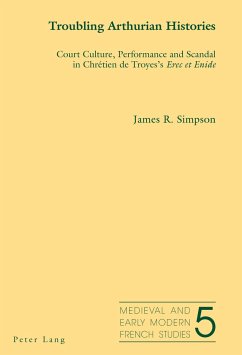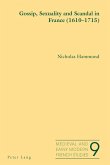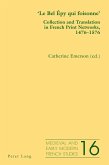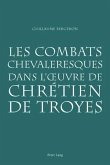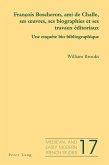Drawing on a range of approaches in cultural, gender and literary studies, this book presents Chrétien de Troyes's Erec et Enide as a daring and playful exploration of scandal, terror and anxiety in court cultures. Through an interdisciplinary reading, it locates Erec et Enide , the first surviving Arthurian romance in French, in various contexts, from broad cultural and historical questionings such as medieval vernacular 'modernity's' engagement with the weight of its classical inheritance, to the culturally fecund and politically turbulent histories of the families of Eleanor of Aquitaine and Henry II Plantagenet. Where previous accounts of the tale have not uncommonly presented Chrétien's poem as a decorous 'resolution' of tensions between dynastic marriage and fin'amors , between personal desire and social duty, this reading sees these forces as in permanent and irresolvable tension, the poem's key scenes haunted - whether mischievously or traumatically - by questions and skeletons from various closets.

